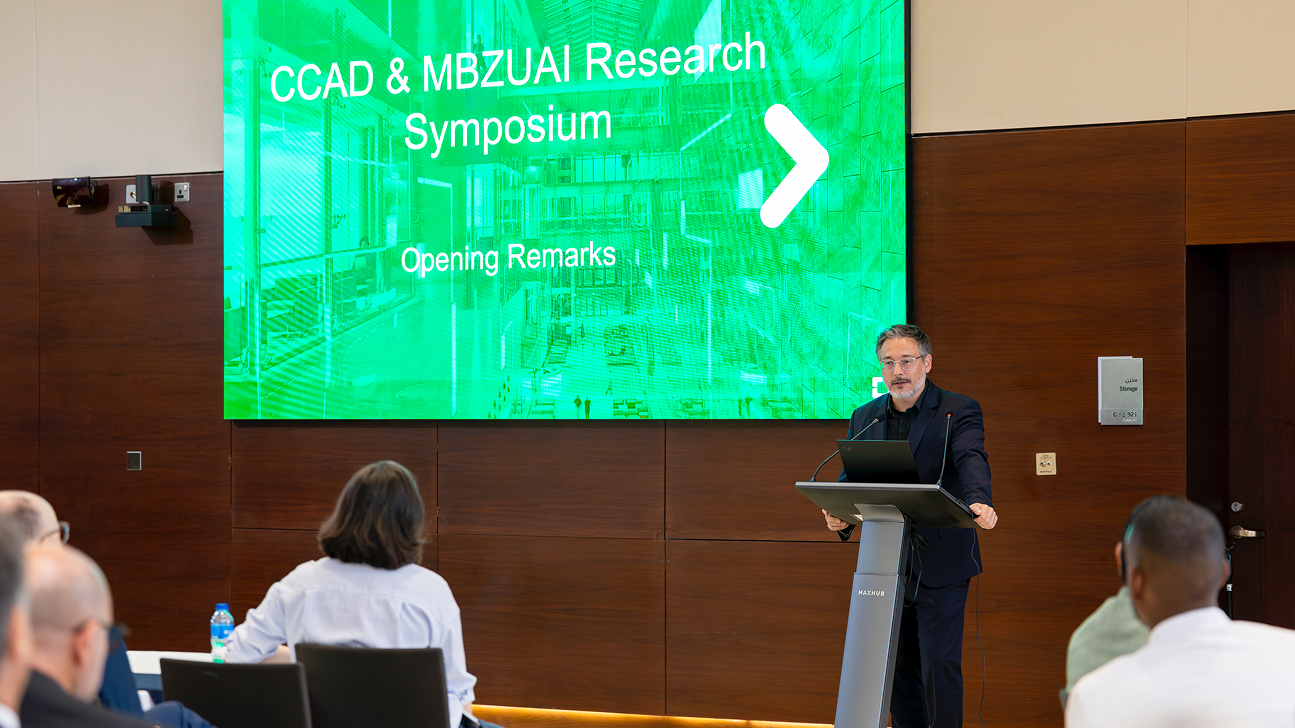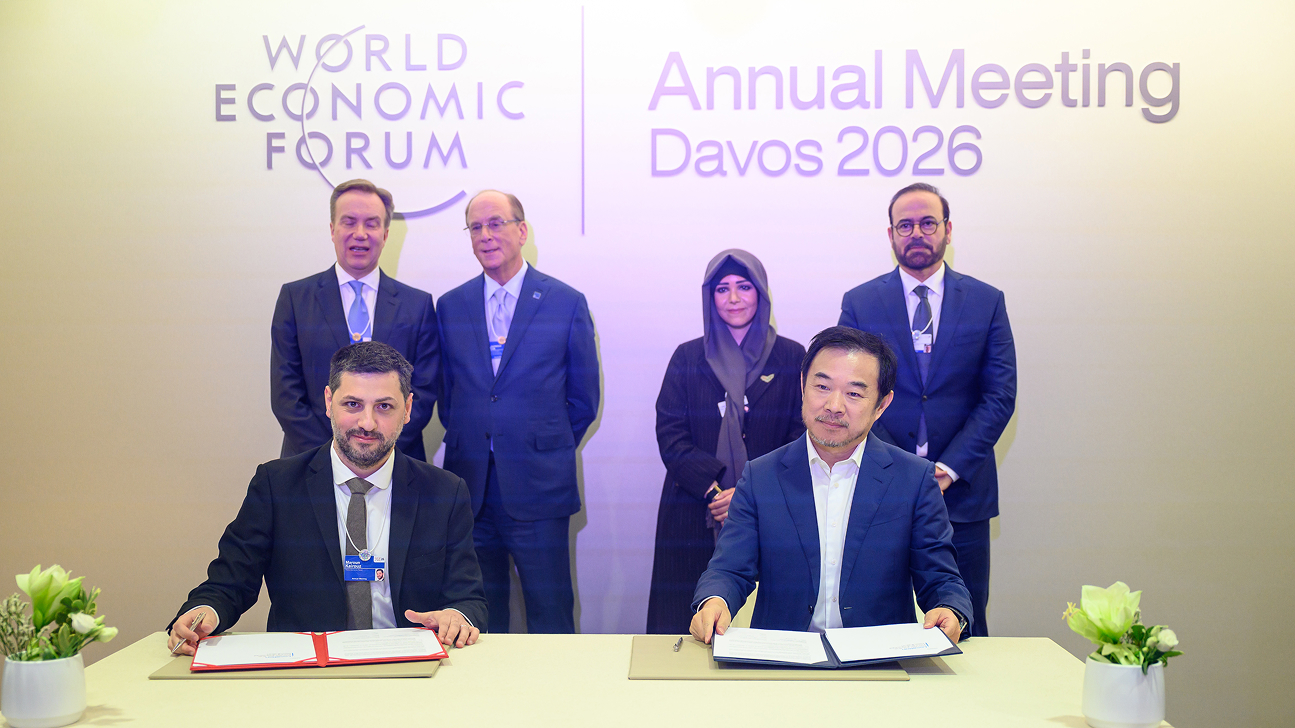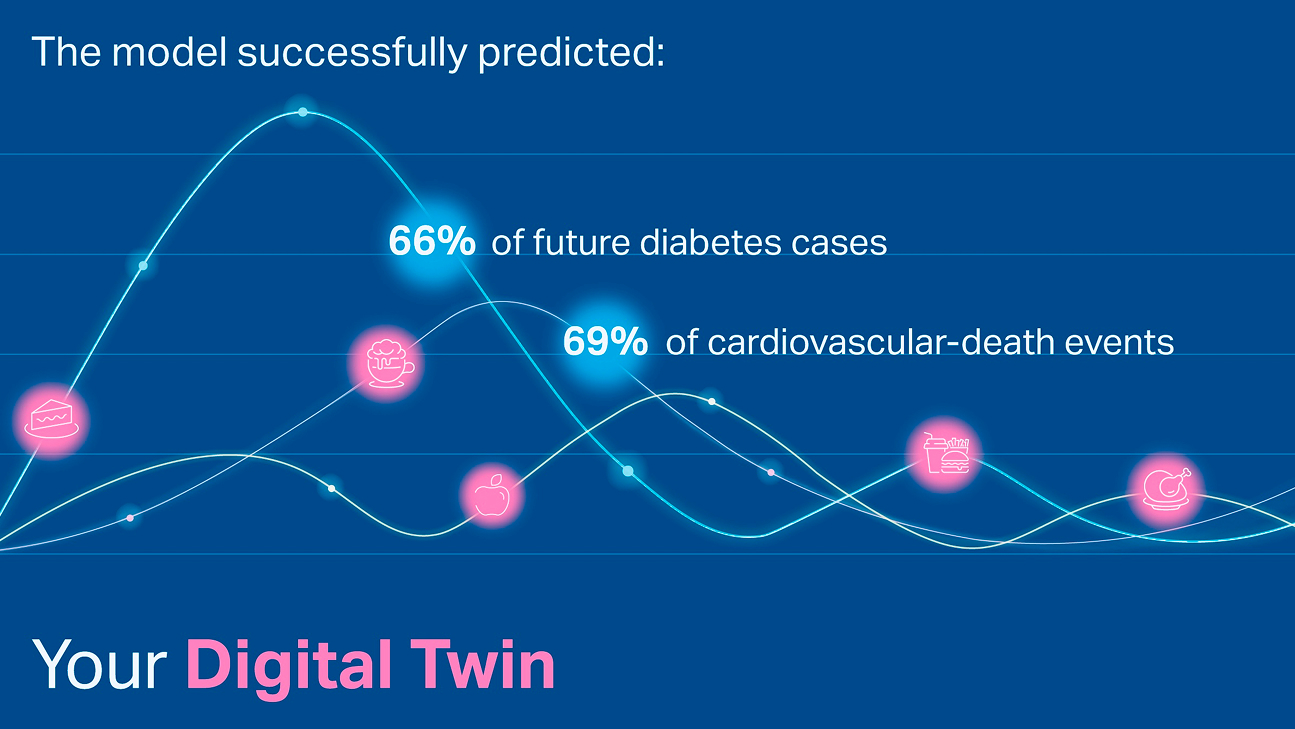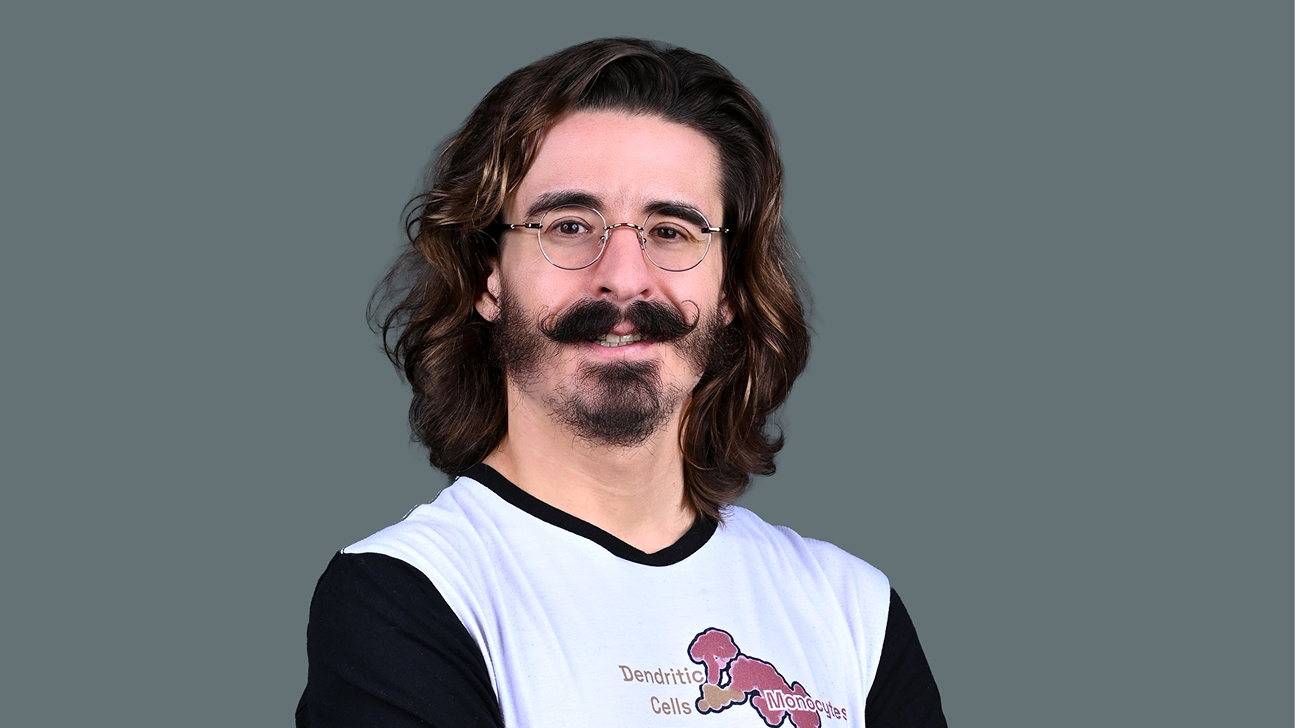MBZUAI and Cleveland Clinic Abu Dhabi showcase AI advances for UAE healthcare challenges
Friday, October 10, 2025

Across the UAE, chronic conditions such as diabetes, heart disease, and vision loss have long placed a heavy burden on families and healthcare systems. But advances in artificial intelligence are offering fresh hope.
A joint showcase by MBZUAI researchers and Cleveland Clinic Abu Dhabi clinicians revealed how this new wave of AI is moving from the lab into hospitals to deliver transformative impact – powering robots that guide surgical tools, ultrasound systems that scan patients autonomously, and eye-based diagnostics that spot disease before symptoms appear.
Held at Cleveland Clinic Abu Dhabi, the showcase highlighted MBZUAI’s focus on healthcare as a core research pillar, led by initiatives including the Human Phenotype Project (HPP), and the launch of the MBZUAI School of Digital Public Health. Through these efforts and the ongoing research of its faculty and students, the University is building an integrated ecosystem of AI tools designed to support physicians, patients, and policymakers across the UAE and beyond.
“Our goal is to build an AI-powered health ecosystem made for the UAE that can bring benefits world-wide, one that learns from our population’s unique genetic and lifestyle patterns to predict, personalize, and prevent disease,” said Sami Haddadin, Vice President of Research and Professor of Robotics at MBZUAI. “Together with world-class partners like Cleveland Clinic Abu Dhabi, we are turning research into real-world care – safe, explainable, and centered on people.”
Revolutionizing robotics and imaging in clinical practice
During the showcase, Cesare Stefanini, Professor of Robotics, introduced cutting-edge work on AI-powered intrabody navigation –showcasing robotic systems that can autonomously guide medical instruments through the human body. This innovation, inspired by bio-robotics and advanced perception algorithms, aims to make minimally invasive procedures safer and more precise, critical for improving surgical outcomes and reducing recovery times in UAE hospitals.
Anqing Duan, Visiting Assistant Professor of Robotics, presented advances in robotic ultrasound imaging. His research combines perception, control, and reconstruction models to enable autonomous ultrasound scanning. In a country where access to trained sonographers remains uneven across regions, this technology could democratize high-quality diagnostic imaging, particularly in remote or underserved areas.
The eye as a window to systemic health
Jianing Qiu, Assistant Professor of Personalized Medicine, explored AI-based oculomics – a rapidly emerging field that uses retinal imaging to detect systemic diseases such as diabetes, hypertension, and even Alzheimer’s. As the UAE grapples with one of the world’s highest diabetes rates, this non-invasive approach could enable earlier detection of metabolic and vascular diseases, simply by analyzing the eye. Qiu’s work aligns with global findings that the retina reflects subtle biomarkers of systemic dysfunction, positioning the UAE as a potential hub for precision oculomics research.
Cardiovascular diagnostics through data
Cardiovascular disease remains a leading cause of death in the UAE, often linked to lifestyle factors and late diagnosis. Imran Razzak, Associate Professor of Computational Biology, presented his work on AI agents for cardiovascular diagnostics, integrating retinal vascular analysis, ECG data, and multimodal learning to detect early heart failure and vascular leakage. These AI systems can serve as “digital assistants” for clinicians, flagging subtle risk patterns before symptoms manifest, potentially saving countless lives through early intervention.
Agentic AI and remote care
With an aging population and growing demand for telehealth, Research Associate II, Thanh Cong Ho and Professor of Machine Learning, Fakhri Karray, discussed an agentic AI system for remote patient monitoring. The system employs autonomous AI agents that learn from continuous streams of patient data to support clinicians in making timely, personalized decisions. This innovation aligns with the UAE’s national digital health strategy, which emphasizes AI-driven remote care to improve healthcare access and efficiency.
Predicting health trends through data integration
Nataša Pržulj, Professor of Computational Biology, discussed predictive patient analytics and multi-omics, combining genetic, molecular, and clinical data to model disease trajectories and predict treatment responses. In a multicultural country such as the UAE, where genetic diversity presents both challenges and opportunities for precision medicine, such analytics can guide population-level health strategies and enable tailored interventions.
The showcase underscored MBZUAI’s vision for a comprehensive AI-powered health infrastructure that spans prevention, diagnosis, treatment, and public health strategy. Through partnerships with leading institutions such as Cleveland Clinic Abu Dhabi, the University is transforming scientific discovery into clinical reality – delivering AI tools that are safe, effective, and tailored to regional needs.
“As we move from algorithms to action, our goal is to give UAE clinicians and health-planners access to the latest advances in applied intelligence systems – enabling predictive care that shrinks hospital stays, eases burdens on clinics and delivers healthier lives across every emirate.” Haddadin concluded.
- vision ,
- partnerships ,
- healthcare ,
- innovation ,
- cardiovascular ,
- collaborations ,
- health ,
- diabetes ,
- hospital ,
- public health ,
Related
MBZUAI signs agreement with World Economic Forum as Centre for the Fourth Industrial Revolution (C4IR)
MBZUAI will launch the Centre for Intelligent Future as a global platform – connecting AI research with.....
- humanity ,
- economic ,
- social ,
- WEF ,
- World Economic Forum ,
- partnership ,
AI foundation model GluFormer outperforms clinical standards in forecasting diabetes and cardiovascular risk
Nature-published paper with MBZUAI researchers demonstrates how AI can transform glucose data into powerful predictors of long-term.....
- digital public health ,
- cardiovascular ,
- diabetes ,
- HPP ,
- nature ,
- health ,
- foundation models ,
From Silicon Valley to social impact through science and education
Eduardo Beltrame reflects on his journey from Brazilian public education to Silicon Valley and MBZUAI, and why.....
- faculty ,
- Undergraduate ,
- entrepreneurship ,
- computational biology ,
- biology ,
- digital public health ,
- social impact ,


